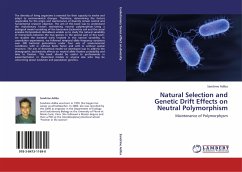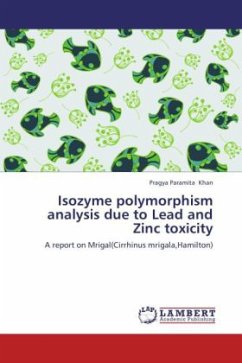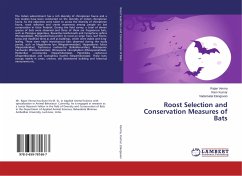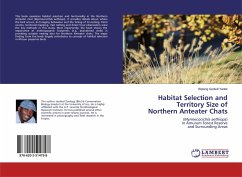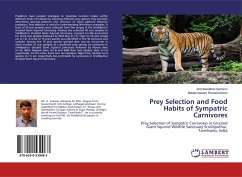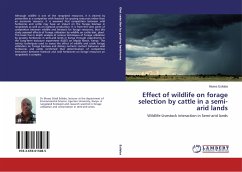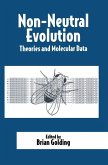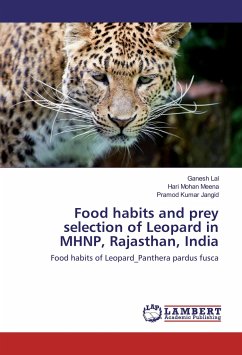The diversity of living organisms is essential for their capacity to evolve and adapt to environmental changes. Therefore, determining the factors responsible for the origin and maintenance of diversity remain central and fundamental research objective. The aim of this book was to understand the evolutionary factors maintaining neutral polymorphism. Using a biological model consisting of the bacterium Escherichia coli and the social amoeba Dictyostelium discoideum enable us to study the natural variability of interactions between the two species. In the second part of this work, we studied the bacterial traits involved in this natural variability. In coevolution experiments, we followed temporal allele frequency variations over 300 bacterial generations under four sets of environmental conditions: with or without biotic factor and with or without spatial structure. The aim of theoretical model we developed was to address the demographic stochasticity effects on neutral allele fixation probability and time to fixation. This book should be useful to professionals in experimentation or theoretical models or anyone else who may be concerning about evolution and population genetics.
Bitte wählen Sie Ihr Anliegen aus.
Rechnungen
Retourenschein anfordern
Bestellstatus
Storno

